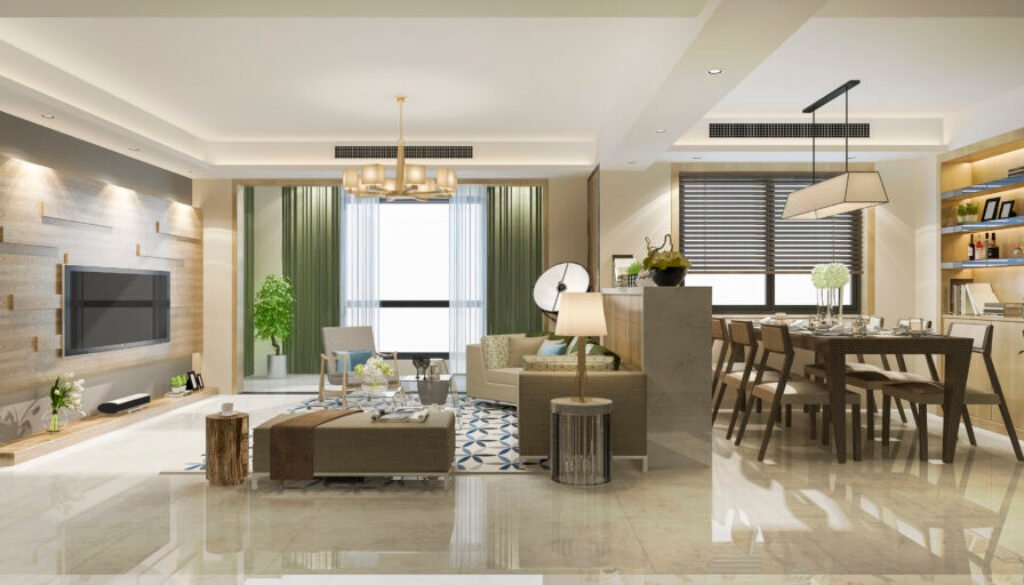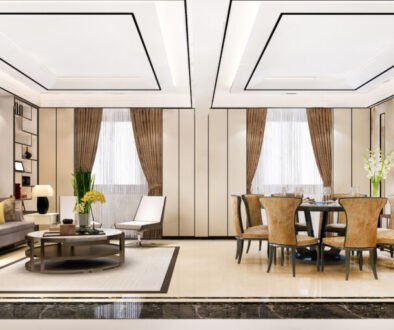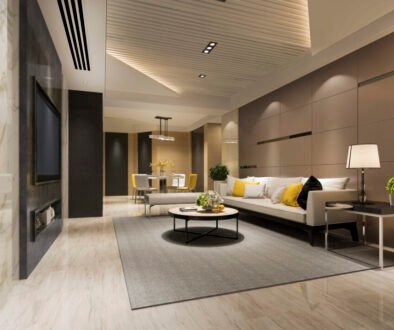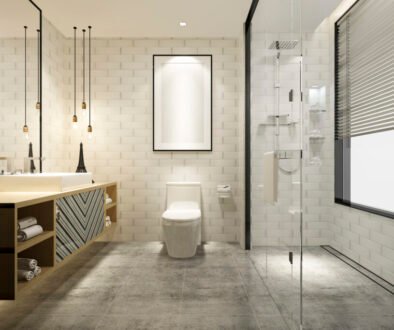The Grace of Symmetry in the Interior Design of a Luxurious House
Introduction:
In the world of interior design, the pursuit of harmony and balance is often achieved through various techniques and principles. One such principle that has stood the test of time is symmetry. Symmetry, with its inherent sense of order and equilibrium, has the power to transform any space into a realm of elegance and sophistication. In this article, we delve into the concept of symmetry and explore how it can be effectively employed in the interior design of a luxurious house, creating an environment that exudes grace and charm.
Understanding Symmetry:
Symmetry, at its core, is the visual balance achieved through the arrangement of elements in a space. It involves mirroring and replicating objects, patterns, or architectural features to create a sense of equilibrium. Whether it is achieved through a bilateral, radial, or axial approach, symmetry provides a sense of order that is pleasing to the eye and instills a feeling of calmness.
The Role of Symmetry in Luxurious House Design:
Symmetry is a design element that has long been associated with luxury and opulence. Its presence in the interior design of a luxurious house helps to establish a harmonious and refined aesthetic. By incorporating symmetrical elements, designers can create spaces that evoke a sense of grandeur, while maintaining an inviting and comfortable atmosphere.
Symmetry in Architectural Features:
One of the most striking ways to integrate symmetry into the interior design of a luxurious house is through architectural features. This can include the placement of doors, windows, and archways in a symmetrical manner, creating a balanced and visually pleasing facade. The use of symmetrical staircases, columns, and moldings further enhances the elegance of the space, adding a touch of regality.
Symmetry in Furniture and Layout:
Symmetry can be effectively employed in the arrangement of furniture and the overall layout of a luxurious house. A common approach is to create a central focal point, such as a fireplace or a grand chandelier, and arrange furniture symmetrically around it. This not only provides a sense of balance but also fosters conversation and social interaction. Matching pairs of furniture, such as armchairs, side tables, or lamps, can be strategically placed to create a sense of harmony and order.
Symmetry in Decorative Elements:
Incorporating symmetrical decorative elements is another way to infuse a luxurious house with grace and charm. This can be achieved through the use of perfectly balanced artwork, mirrors, or lighting fixtures. Symmetrical patterns in wallpapers, rugs, and curtains also contribute to the overall sense of visual equilibrium. Additionally, the placement of accessories and accent pieces in pairs or symmetrical groupings further enhances the cohesive and elegant ambiance.
The Psychological Impact of Symmetry:
Symmetry not only pleases the eye but also has a profound impact on our psychological well-being. Studies have shown that symmetrical environments elicit positive emotions and a sense of tranquility. In a luxurious house, the strategic use of symmetry can create a haven of serenity, allowing inhabitants and guests to experience a heightened sense of comfort and relaxation.
Modern Interpretations of Symmetry:
While symmetry has long been associated with classical and traditional design, it can also be successfully incorporated into modern and contemporary interiors. The key lies in adapting the concept to suit the desired aesthetic. Clean lines, minimalist forms, and the use of unconventional materials can all be combined with symmetrical arrangements to create a luxurious and harmonious space that exudes a contemporary elegance.
Conclusion:
Symmetry in interior design is an excellent way to create a luxurious and visually appealing space. It creates a sense of balance and harmony, making the room look more organized and elegant. Incorporating symmetry into interior design can be achieved through various methods such as mirrored furniture, symmetrical arrangement of furniture, symmetrical wall art, matching decor, and symmetrical lighting. It is a design principle that can increase the resale value of a house and make it more appealing to potential buyers. The grace of symmetry in interior design is a timeless design principle that will continue to be used for centuries to come.




